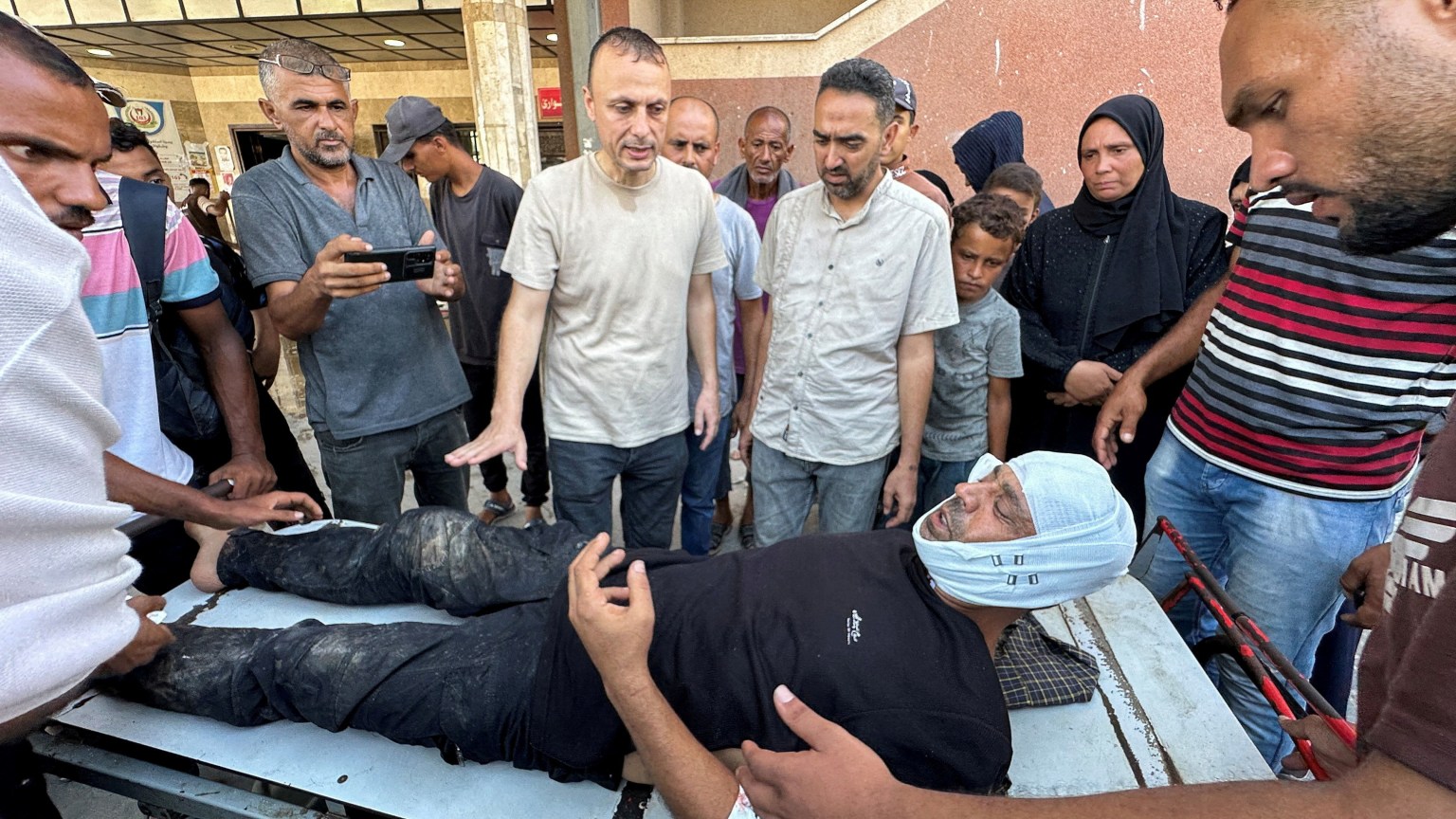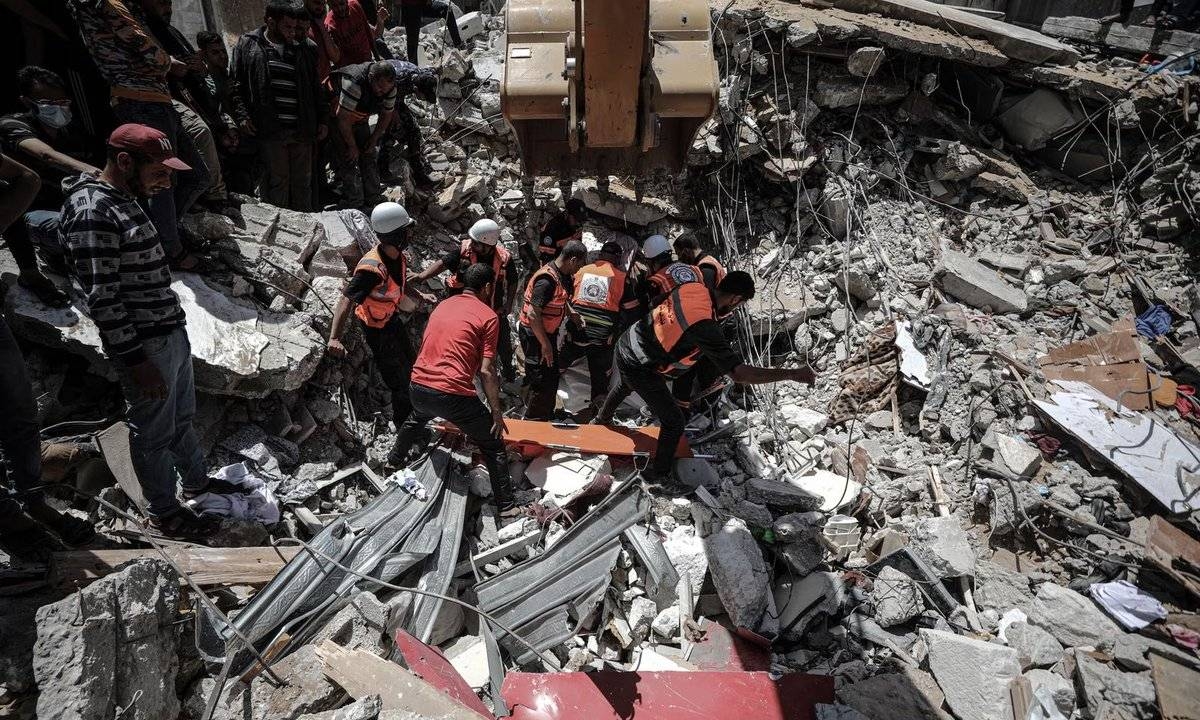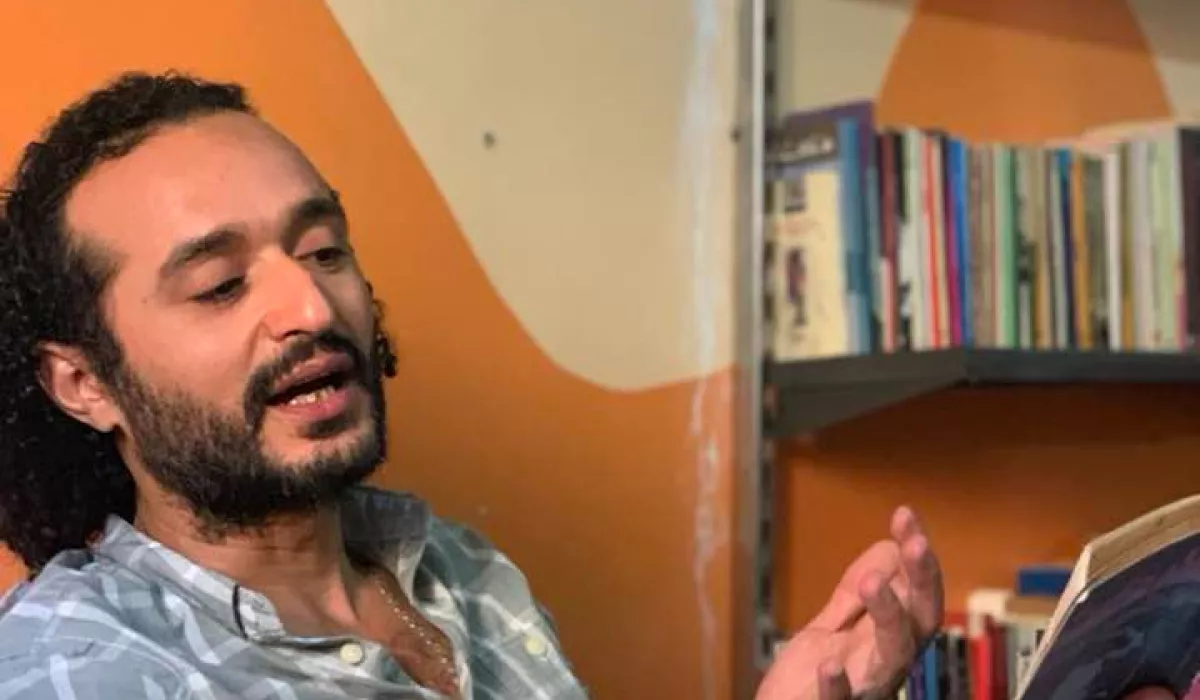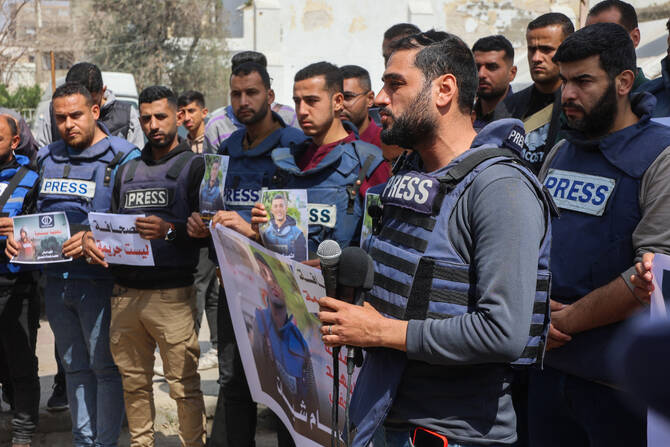
Israeli Forces Detain Palestinian Journalist Yasser Jaradat
September 26, 2025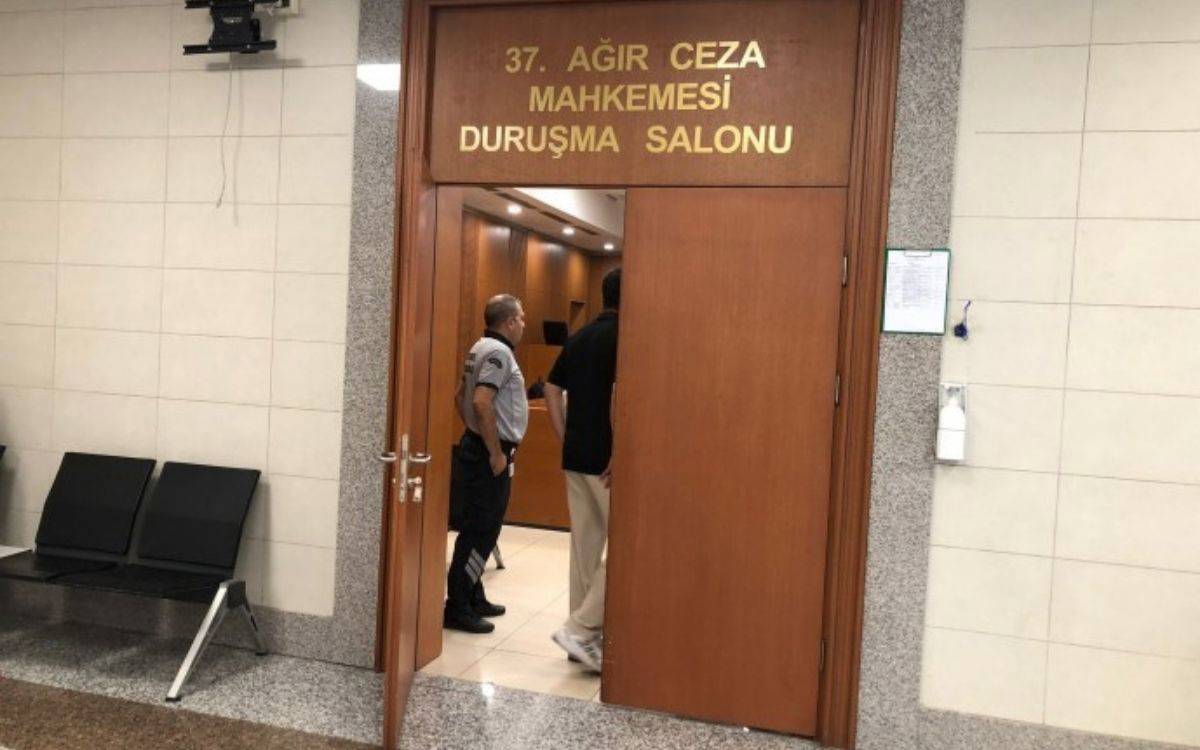
Journalist Celalettin Yalçın Freed Under Reporting Conditions
September 26, 2025September 26, 2025 – Palestine –
Since the outbreak of the Israel–Gaza war on 7 October 2023, the Committee to Protect Journalists (CPJ) has documented at least 152 cases of journalists being injured, and two cases of journalists going missing during the conflict. CPJ warns that the actual numbers—especially of injuries—are likely significantly higher, given limited access, security barriers, and unreported incidents.
Many of these reported injuries have occurred in scenarios where journalists are working under bombardment or during attacks on civilian infrastructure. For example, CPJ records that during a targeted Israeli strike in Gaza City, at least two journalists sustained shrapnel wounds: Mohamad Subuh, a correspondent for the Al-Kofiya TV network, was hit while inside a nearby tent; Mohammed Qita, a freelancer contributing to Al Jazeera, was struck while trying to extinguish flames after an explosion.
CPJ underscores that many of these attacks take place in hazardous settings—often near or within civilian structures such as media tents, hospitals, or residential neighborhoods—where the distinction between combatant and noncombatant is blurred or ignored by warring parties. In its broader coverage of the Israel–Gaza war, CPJ stresses that journalists are legally considered civilians under international humanitarian law, and targeting them or failing to protect them can constitute violations of the laws of armed conflict.
Regarding the missing journalists, CPJ reports two such cases that remain unresolved—though details are scarce and the documentation is ongoing. The organization continues efforts to verify additional unreported cases and remains concerned that conflict conditions are preventing accurate accounting.
In light of these risks, CPJ calls for a full, independent investigation into each injury and disappearance. It demands that parties to the conflict respect press freedom, ensure the safety of journalists on the front lines, and comply with obligations under international law to treat journalists as protected noncombatants—not legitimate targets.
Reference –

